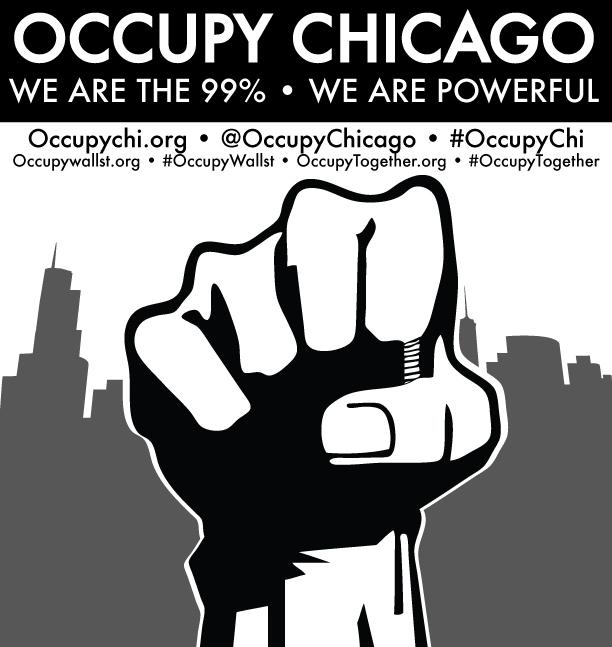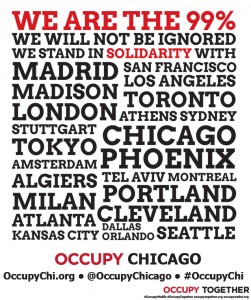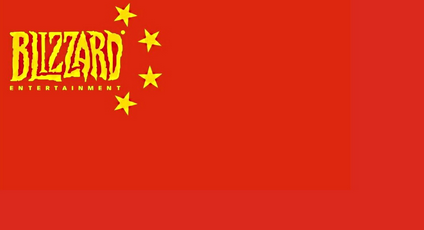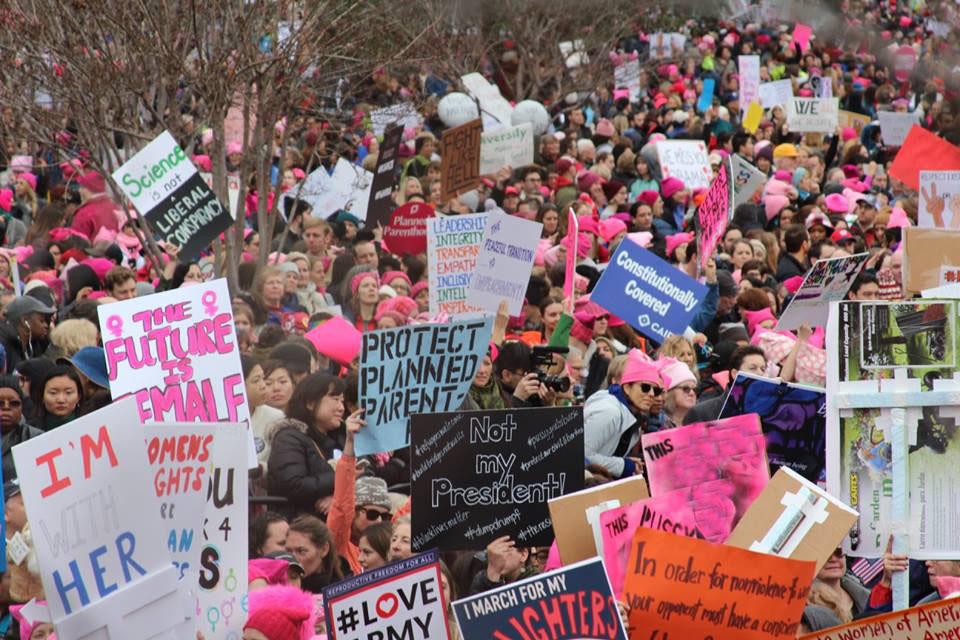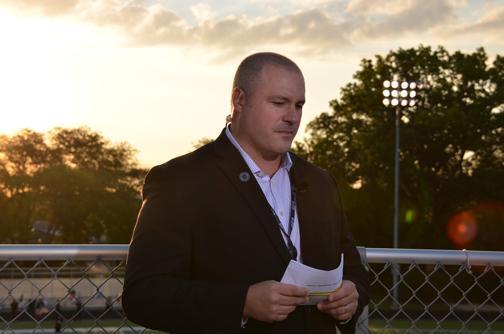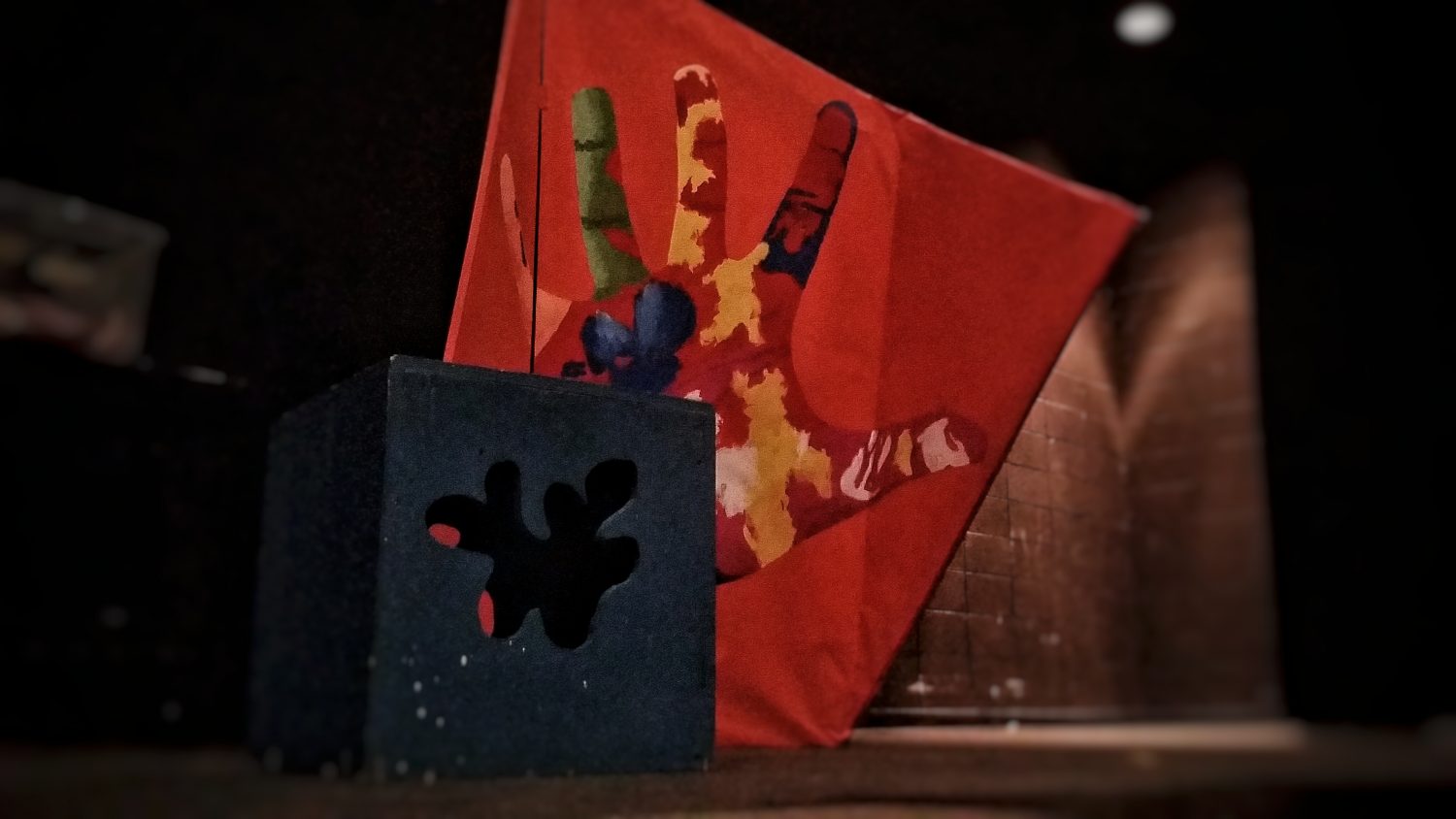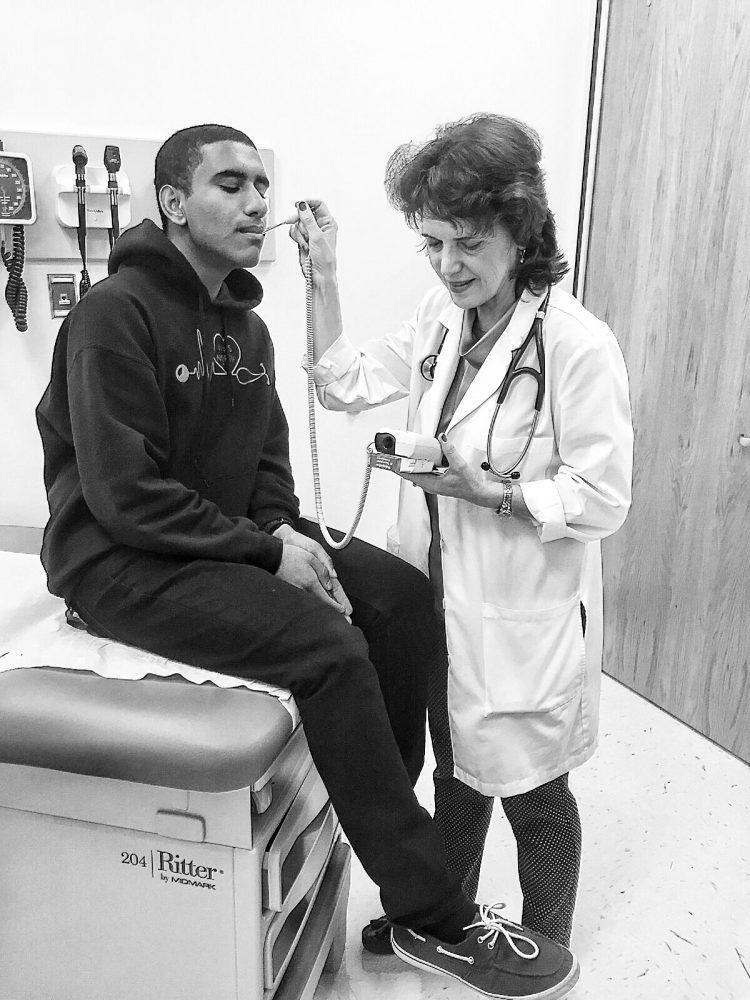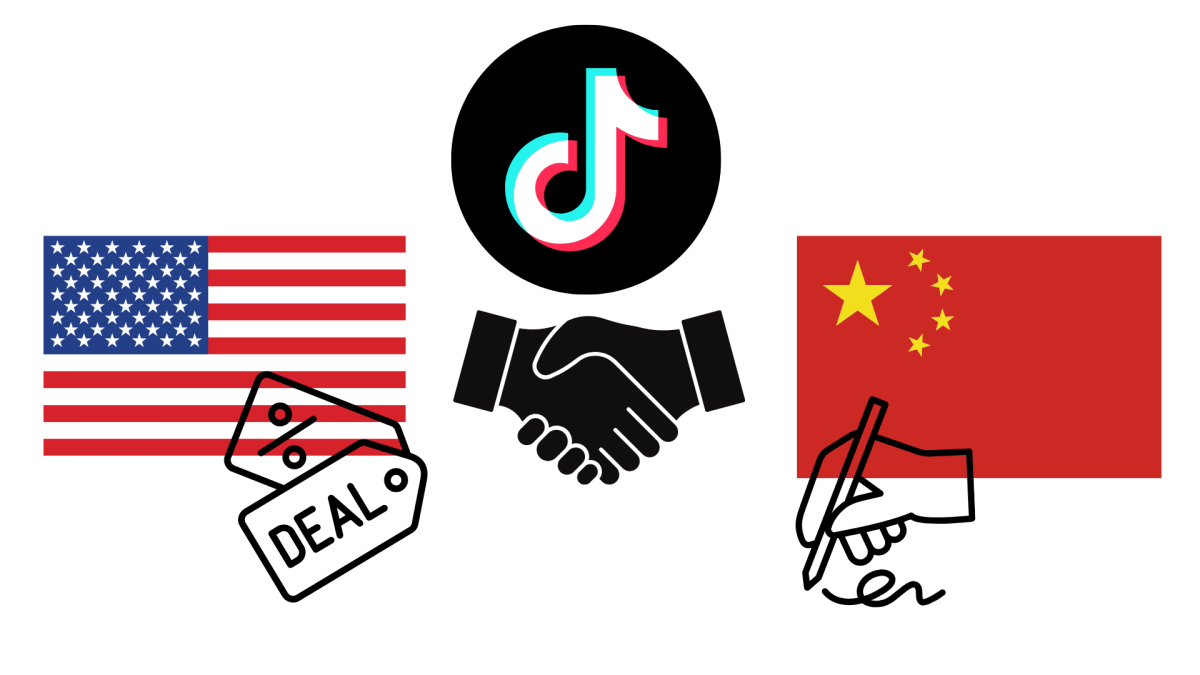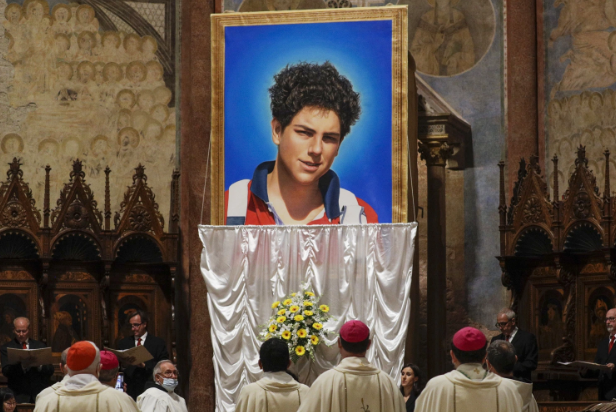Occupy Chicago and the Occupy movement have raised awareness about important issues that sooner or later Americans will have to make critical decisions about.
The beginning of the 2011 year started with a revolution in Egypt that would not only impact its people and the country, but would effectively changed the way citizens in the United States and around the world gathered to exercise their First Amendment rights.
The 21st century has been the age of technology; Twitter and Facebook to on-line banking have changed the way people around the world live their daily lives and interact with one another. This technology, along with social network websites have been able to unite people to speak out for a common goal. One such case – which has been sweeping over America in the last couple months – is Occupy Wall St. and the greater Occupy movement.
On Sept. 17, 2011, a group of young adults started demonstrating outside the financial buildings along Wall St. in New York City. These protesters knew what sort of statement they were making by demonstrating against the corporate stranglehold on American politics, but little did anyone else ever think that Sept. 17 would be a day that would forever change the American political atmosphere. Occupy Wall St. gained more followers, and more groups of disgruntled Americans began to join together in major cities around the country to protest the financial institutions of those cities.
“We are the 99%” – This was the phrase that came to be the epitome of Occupy Wall St. The protesters called themselves the 99% because they had felt that in the recent years, American democracy had been taken away and politics had shifted to favor the wealthiest Americans in the country, otherwise known as the 1%. The protesting continued, and people from across the country came to New York City where the “occupation” was taking place. As more and more people gathered, they began to demonstrate their disgust with other issues as well, giving Occupy Wall St. not one message, but many different messages. There were so many people protesting, occupiers started to pitch tents in Zucotti Park, a park located in the middle of the financial district. The tents increased and it became a tent city with make-shift libraries, mini health-care centers, and food dispensaries. With the tent city growing on a regular basis, the Occupy movement had begun.
“I OCCUPY BECAUSE I KNOW
THAT WE CAN ORGANIZE SOCIETY… ON
THE BASIS OF EVERYONE’S HUMAN NEEDS…”
No less than a couple weeks later, more Occupy movements had sprouted around the country. Places like Chicago, Dallas, Boston, Oakland, Seattle, and even Des Moines, Iowa had began Occupy movements and people gathered to express their frustration with the government.
Living in the Chicago area, I had paid close attention to the Occupy Chicago movement and what it was doing. Occupy Chicago was located on the corner of Jackson and LaSalle St., right outside of the Federal Reserve Bank of Chicago and the Chicago Board of Trade. On Dec. 12, I had the opportunity to go with my American Government and Politics class on a field trip to the site of Occupy Chicago where we were met with two occupiers who were both Ph.D. students at DePaul University. They explained to us the basics of the Occupy Chicago and greater Occupy movement and why they were occupying. Niles North sophomore, Noam Weisman, said that the “field trip was awesome and it was really interesting to meet the protesters since we got an inside look and understanding of the main ideas of the demonstration.”
One of the occupiers, Ashley Bohrer, was upset with the with the increasing amount of homeless people in Chicago and all the vacant or foreclosed properties that were prohibited from being used. “Looking around at the world in which we live, I see large numbers of people are denied access to basic human needs like housing, food, water, healthcare, and decent education,” Bohrer said. “I occupy because I know that we can organize society differently, on the basis of everyone’s human needs instead of on the basis of profit for a few,” she said. Bohrer also serves as a member of a Chicago based student organization called the Coalition Against Corporate Higher Education (CACHE), an organization that focuses on the issues of eliminating student debt and creating a free higher education system for anyone who wants to learn.
I was able to contact another member Occupy Chicago, Keith Smith, about why he occupies. “I am occupying to get money out of politics. I am occupying to make sure our government maintains a peaceful country with opportunity for the next generation to pursue it’s goals and dreams,” Smith said.
One of Smith’s most interesting experience with Occupy Chicago was witnessing all the different people who were protesting the first day he started occupying. “My most interesting experience was my first day when I discovered ordinary people like you and me. Mothers, daughters, fathers, sons, brothers, sisters, aunts, uncles grandparents and grandchildren all occupying and caring about the homeless, diseased, physically challenged, mentally challenged, and those who made more money than themselves. People with homes sharing with people about to lose their own home. I said to myself, ‘This is what democracy looks like,’ And decided I had to be a part of it.”
Smith and Bohrer, among the many thousand Occupy Chicago protesters, have been engaged in their protest for over one hundred days. Whether the movement keeps its momentum as the harsh Chicago winter trudges along remains to be seen. However, one thing is for certain – these Occupiers are not ending their struggle any time soon.


